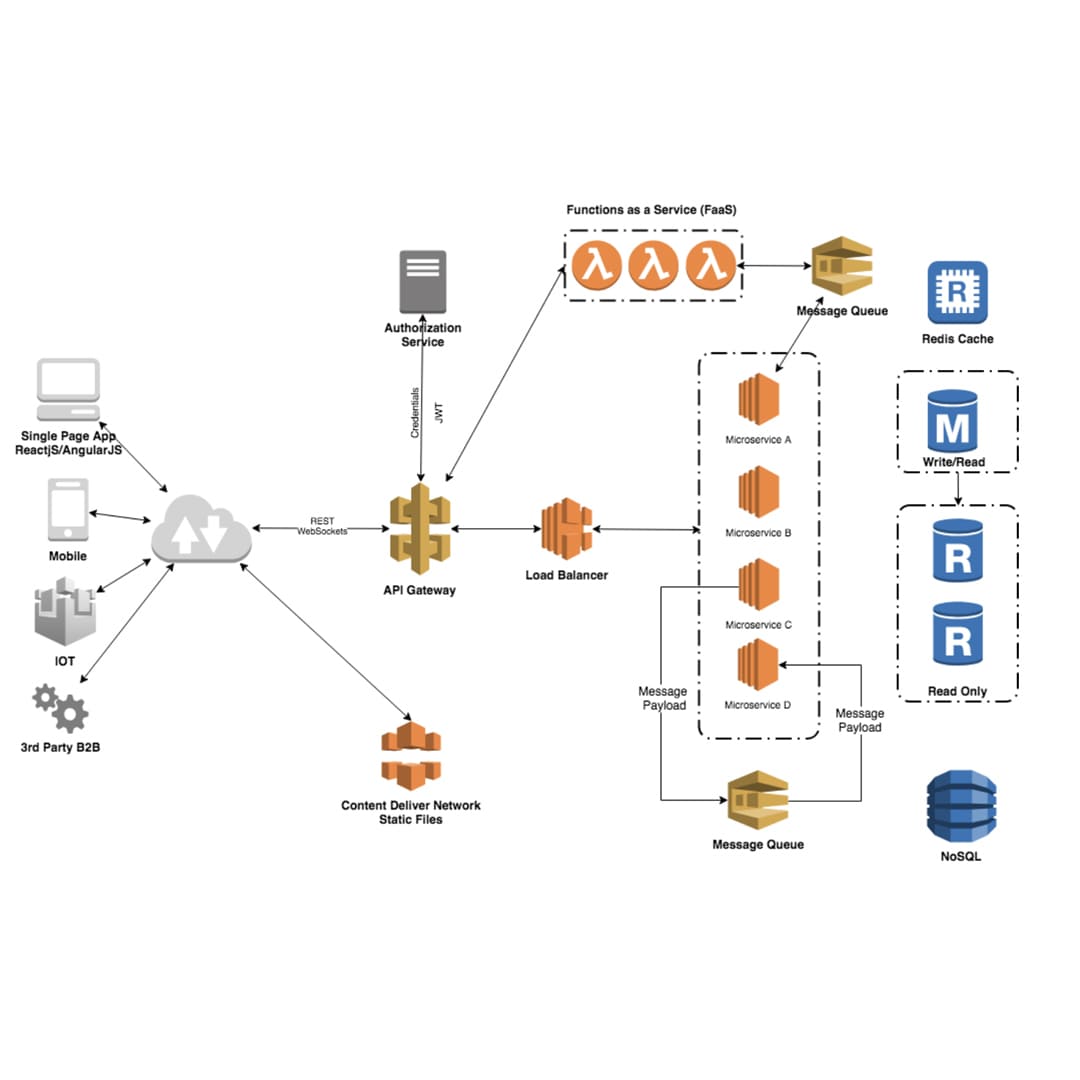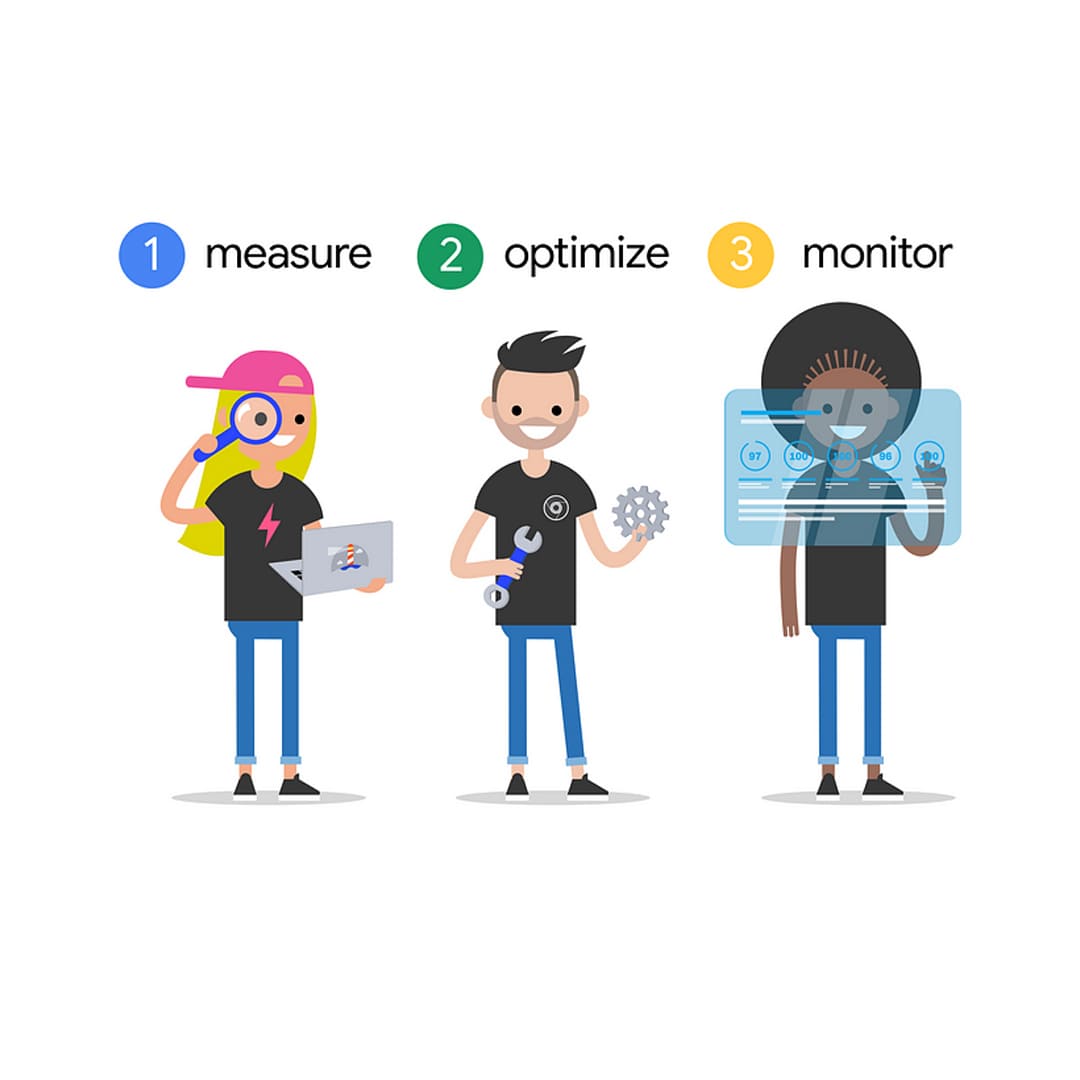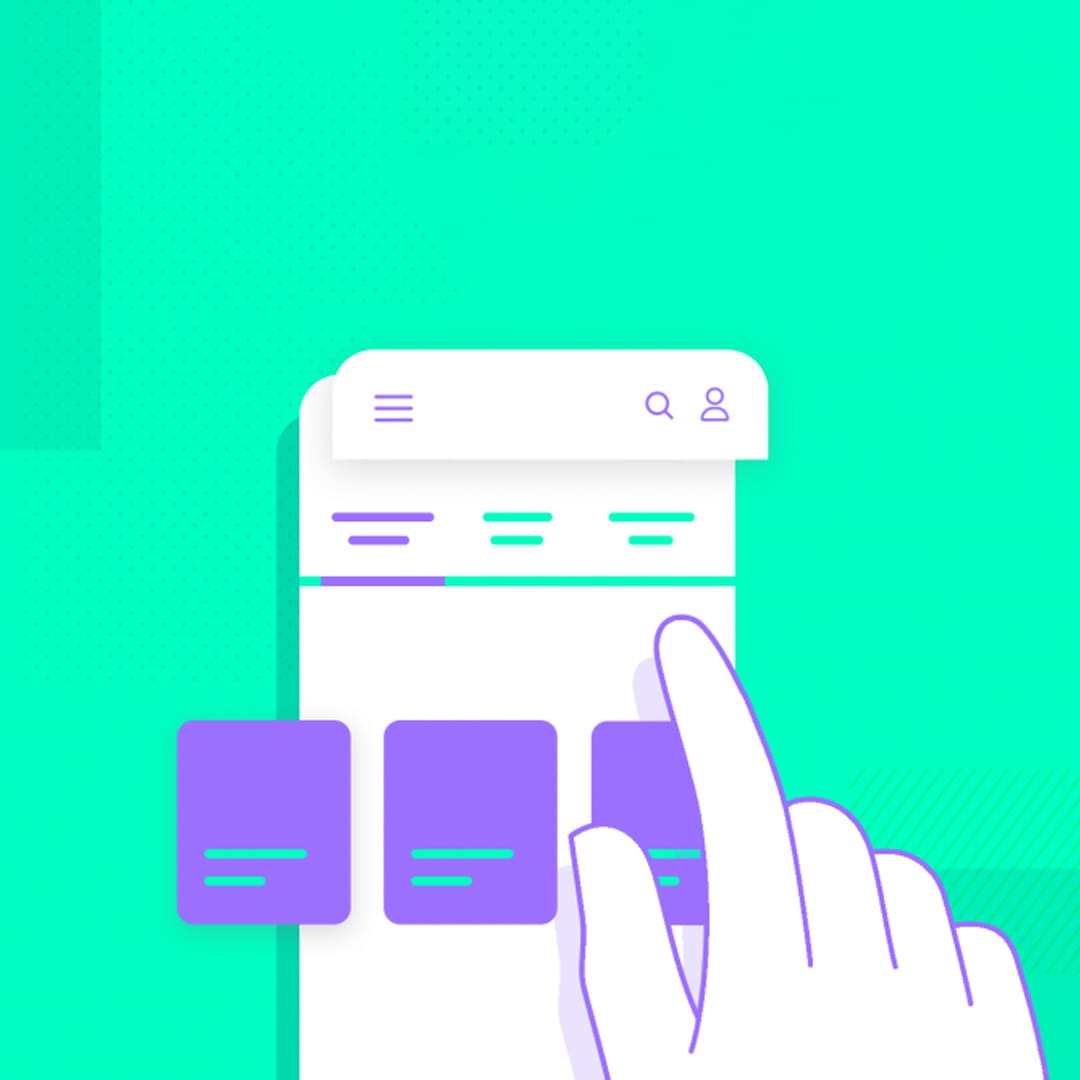Common Website Security Threats

The security of your website is becoming more and more important in the current digital age when the internet is a fundamental part of both personal and professional contacts. It's more crucial than ever to keep your website secure. With cybercriminals getting decreasingly sophisticated, it's pivotal to be apprehensive of the common website security pitfalls that can compromise your online presence. By understanding these pitfalls and enforcing visionary security measures, you can cover your website from implicit hackers, data breaches, malware attacks, and other cyber pitfalls. In this composition, we'll explore the most current website security pitfalls and give precious perceptively to help you fortify your online defences.
● Hacking Attempts:
Hackers exploit vulnerabilities in software, weak passwords, or outdated security systems. Once inside, they may deface your website, steal sensitive information, or use it for malicious activities. Regularly updating software, using strong passwords, and implementing two-factor authentication can significantly reduce the risk of successful hacking attempts.
● Malware Attacks:
Malware, short for vicious software, refers to programs designed to insinuate websites and disrupt their normal functioning. Malware can be introduced through infected lines or links, and it can beget severe damage, including data theft, website vandalization, and the installation of backdoors for unborn exploitation. Protecting your website against malware involves using reliable security plugins, scanning files for malware regularly, and practicing safe browsing habits.
● Data Breaches:
Data breaches involve unauthorized access to sensitive stoner information stored on your website. This can affect the exposure of particular data, similar to names, addresses, watchwords, and fiscal details. Enforcing strong encryption protocols, icing a secure data storehouse, and regularly covering your website for vulnerabilities are pivotal ways to help data breaches. Also, following data protection regulations, similar to the General Data Protection Regulation(GDPR), can help guard against stoner sequestration.
● Phishing Attacks:
Phishing attacks aim to deceive druggies into revealing their sensitive information by posing as secure realities. Cybercriminals frequently shoot fraudulent emails or produce fake websites that mimic licit bones, tricking druggies into entering their login credentials, fiscal details, or other particular information. Educating druggies about phishing ways, enforcing dispatch filtering systems, and regularly covering for phishing attempts can minimize the threat of falling victim to similar attacks.
● Cross-Site Scripting(XSS):
Cross-site scripting involves edging in vicious scripts into websites, which are also executed by unknowing druggies' cybersurfers. This can enable bushwhackers to steal sensitive data, manipulate website content, or deflect druggies to vicious spots. To help XSS attacks, it's essential to sanitize stoner input, validate data, and employ security measures similar as Content Security Policy(CSP) heads.
● SQL Injection:
SQL injection attacks exploit vulnerabilities in web applications that interact with databases. Attackers use specially crafted SQL queries to gain unauthorized access, modify, or extract data from databases. Preventing SQL injection involves using parameterized queries or prepared statements, input validation, and employing web application firewalls.
● Brute Force Attacks:
Brute force attacks involve automated attempts to guess passwords by systematically trying numerous combinations. Weak or easily guessable passwords can make your website susceptible to such attacks. Implementing strong password policies, limiting login attempts, and employing account lockouts can effectively mitigate the risk of brute-force attacks.
Guarding your website from common security pitfalls is an ongoing process that requires alert and visionary measures. By understanding the colourful pitfalls bandied about in this composition and enforcing recommended security practices, you can significantly reduce the threat of cyberattacks, data breaches, and other website vulnerabilities. Regularly streamlining your software, using strong watchwords, employing dependable security plugins, and staying informed about the rearmost security trends are pivotal ways in securing your online presence. Flashback, in the realm of cybersecurity, forestalling is always better than cure.
In conclusion, understanding and addressing common website security pitfalls is essential for securing your online presence and guarding both your business and your callers. In the moment's connected world, where websites serve as gateways to precious data and relations, the pitfalls are ever-present, making visionary security measures a top priority.
Throughout this blog, we've explored several current website security pitfalls, similar to malware infections, cross-site scripting(XSS) attacks, SQL injections, and DDoS attacks. By feting these pitfalls and their implicit consequences, you can take a visionary way to alleviate pitfalls and fortify your website's defences.
Enforcing robust security practices, similar to keeping software up to date, using strong and unique watchwords, regularly backing up data, and exercising secure coding practices, can significantly reduce the liability of successful attacks. Also, planting firewalls, intrusion discovery systems, and secure socket subcaste (SSL) instruments can give a redundant subcaste of protection.
Likewise, educating yourself and your platoon about website security stylish practices is pivotal. By staying informed about the rearmost pitfalls and vulnerabilities, you can acclimatize your security strategy consequently and stay one step ahead of implicit bushwhackers.
Flashback website security is an ongoing process that requires non-stop monitoring and adaptation. Regular security checkups, vulnerability scanning, and penetration testing can help identify sins and ensure that your security measures remain effective.
You won't only guard the trust and confidence of your website callers while also securing your business's character and fiscal well-being by placing website security first and taking visionary measures to alleviate pitfalls. In the end, putting plutocrats into strong security measures for your website is a pivotal part of making your online presence dependable and long-lasting in the moment's digital world.
Recent Stories
500k Customer Have
Build a stunning site today.
We help our clients succeed by creating brand identities.
Get a Quote





















































































































